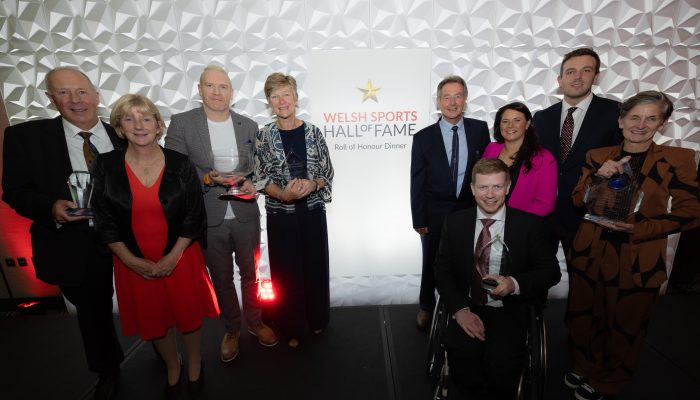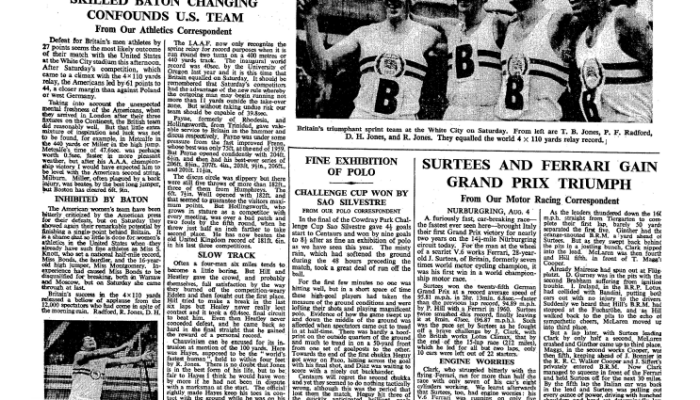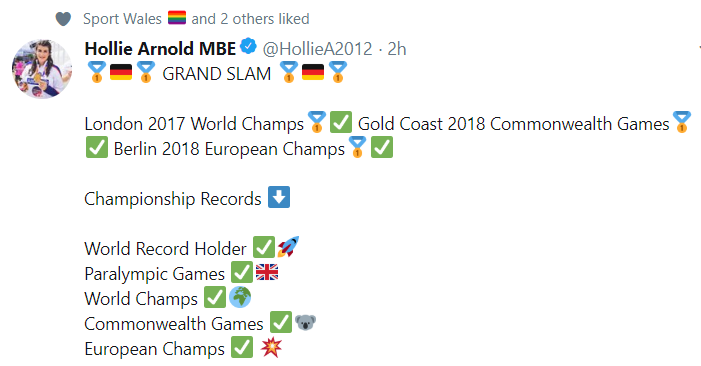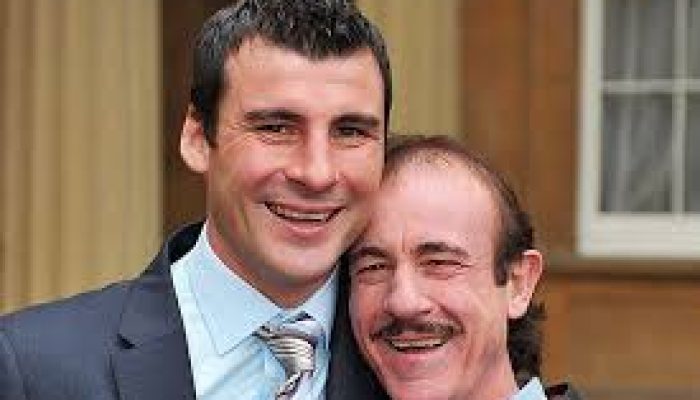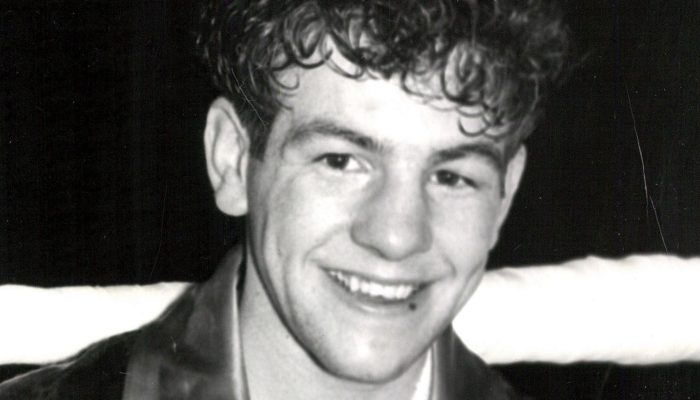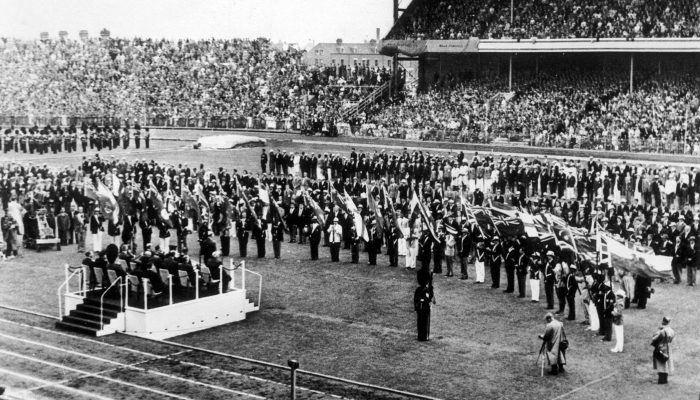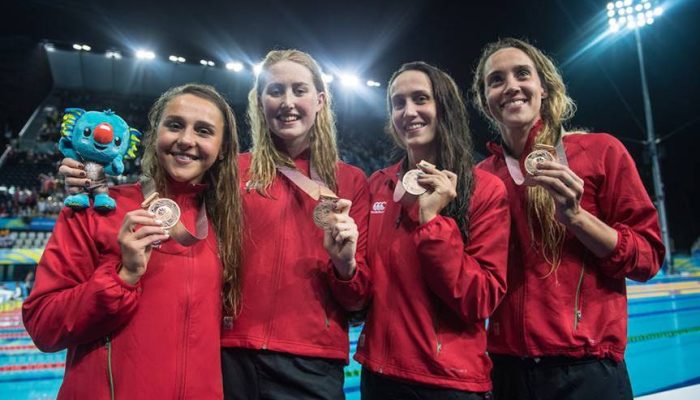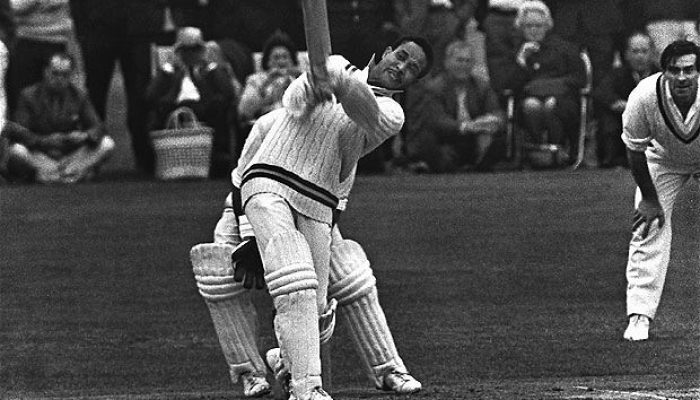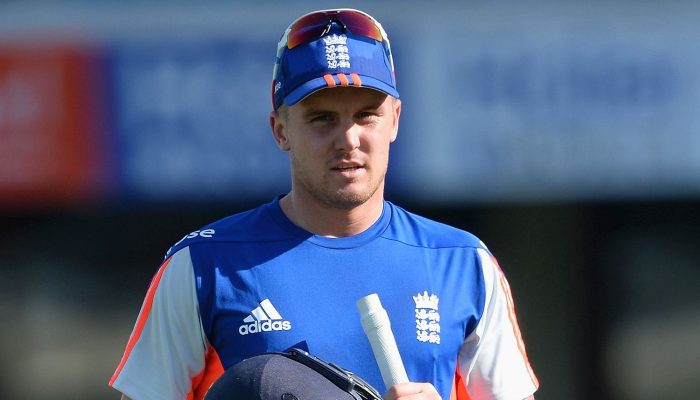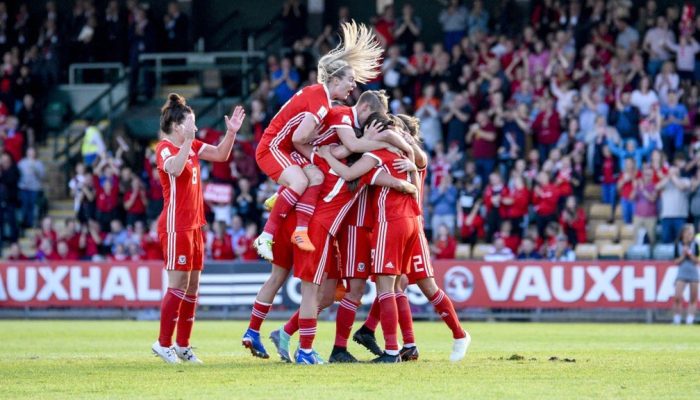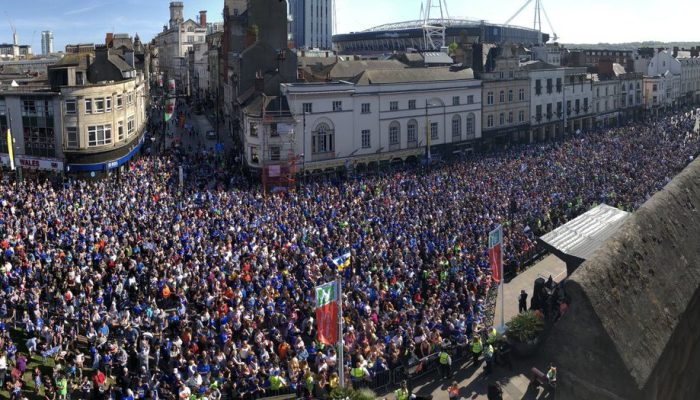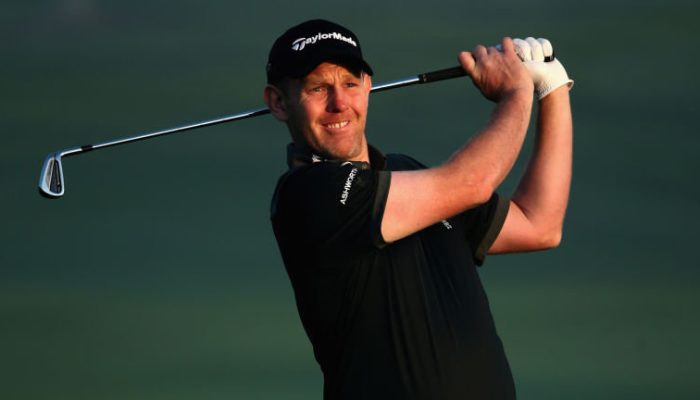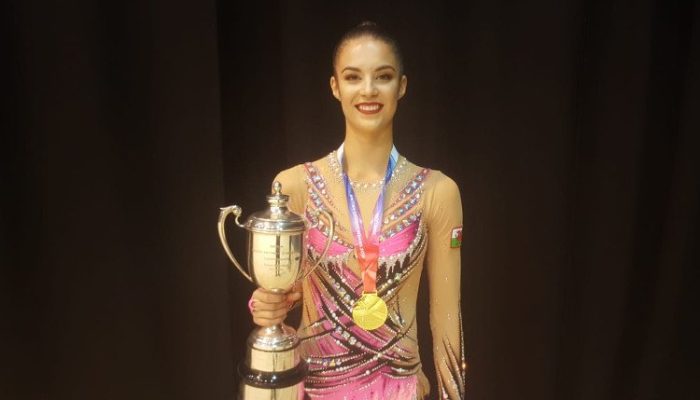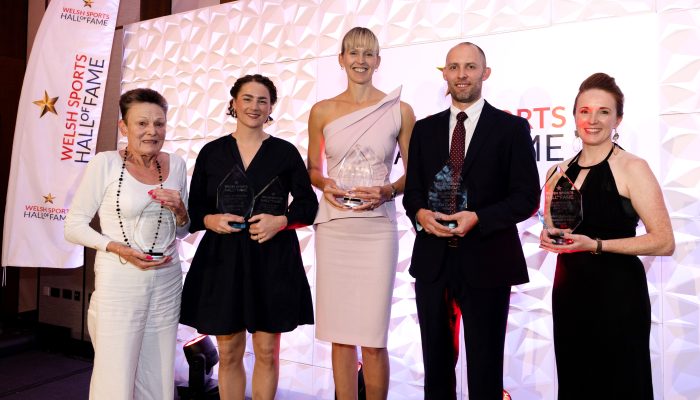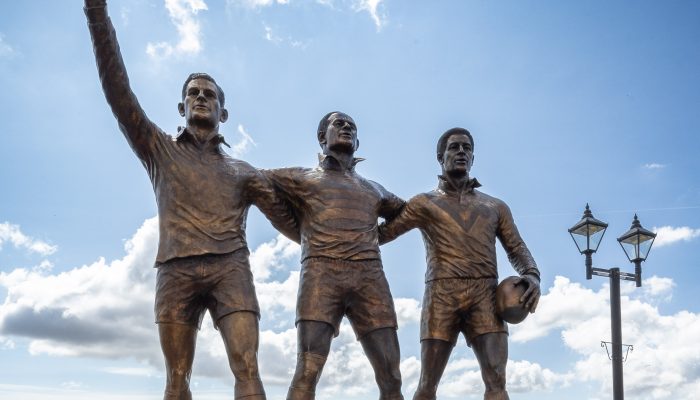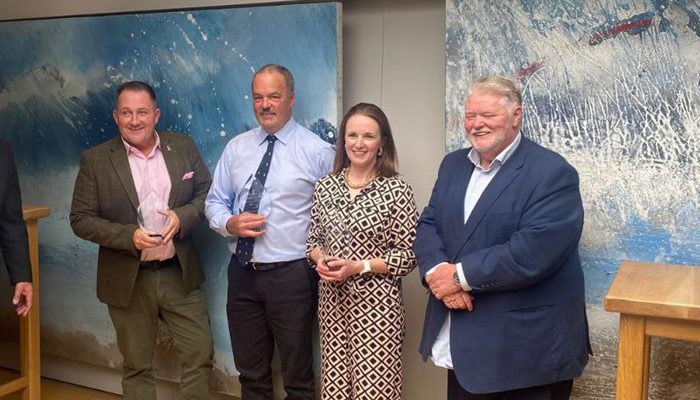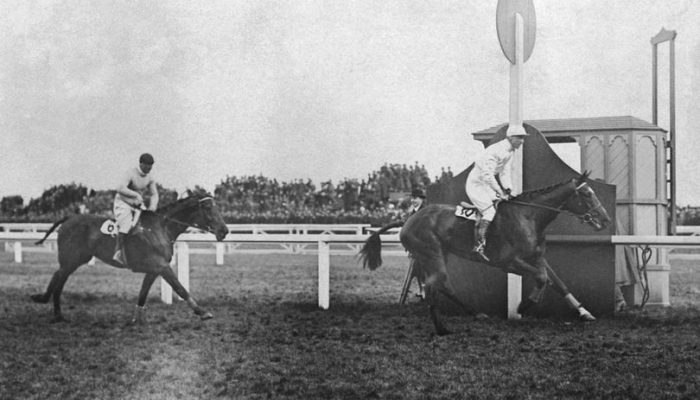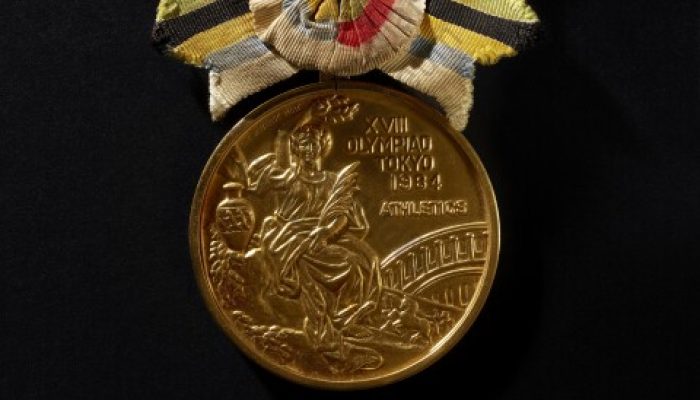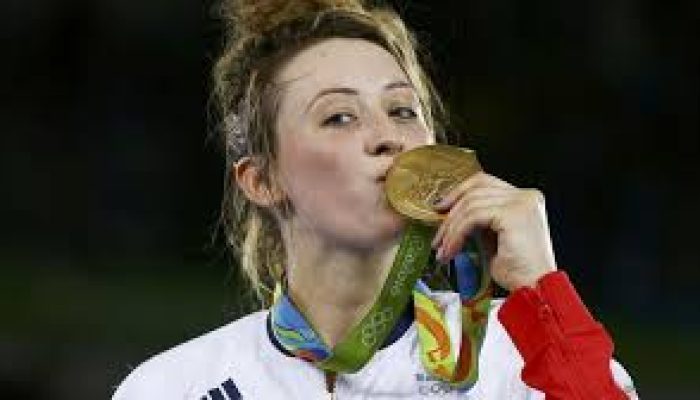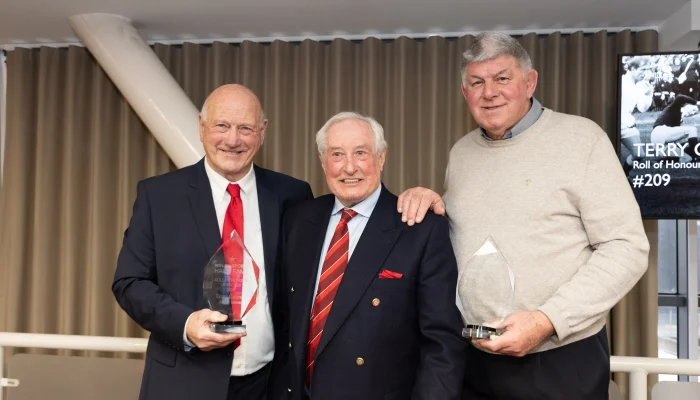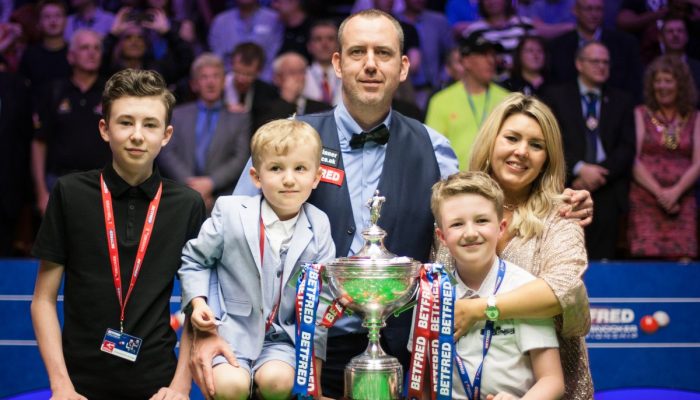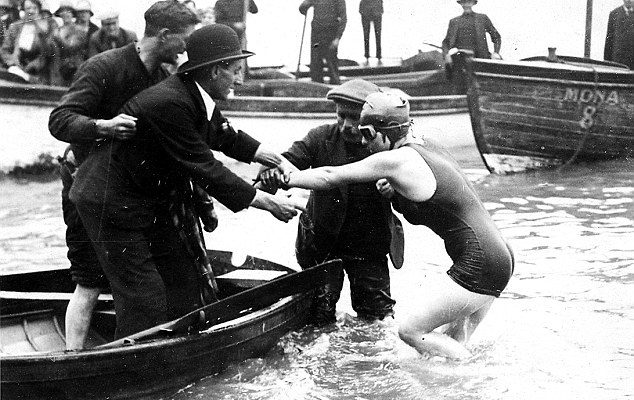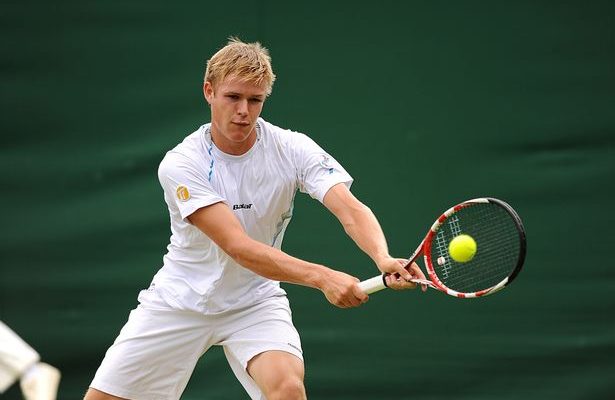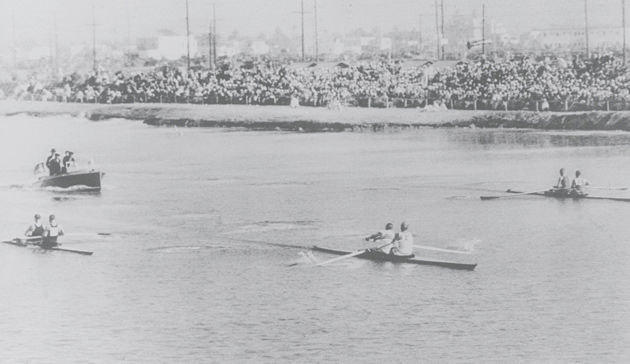
Hugh Edwards
Hugh ‘Jumbo’ Edwards became only the second person in Olympic history to win two rowing gold medals on the same day. His outstanding success came at the 1932 Games in Los Angeles when he struck gold in the coxless pairs and the coxless fours.
What made those achievements all the more remarkable was that only six years earlier he had been branded a “baby” by his team mates in the Oxford eight in the Boat Race when as an 18-year-old freshman he collapsed when the
Dark Blues held a slight lead. Cambridge went on to win by five lengths and doctors told the teenage oarsman to take up bowls thereafter because he had a dilated heart. Within two years, though, Wales’s greatest oarsman
had battled his way into the British Olympic boat for the 1928 Games and had taken a hat-full of Henley titles.
A problem with exam results in 1927 forced him to leave the city of dreaming spires for three years, although he rowed again in the 1930 Varsity race after returning to Christ Church College. The result was the same, a
Cambridge victory this time by two lengths, but later in the year he tasted success when he also struck gold for the first time in Hamilton, Canada at the inaugural British Empire Games.
There was no official Welsh team in which the Welsh speaking son of North Wales-born parents could compete at those Games and so he had to content himself with winning gold medals in the English boats that triumphed in the coxless fours and eights.
His first Olympic success came with Lewis Clive in the coxless pairs at Long Beach, California. Having won the Silver Goblets and the Nickalls’ Challenge Cup at the Henley Royal Regatta in 1931 and 1932, Clive and Edwards were considered strong favorites to strike gold in Los Angeles. They were nearly three seconds faster than anyone else in the opening round, with their closest competitors being the Kiwi pair of Bob Stiles and Fred Thompson. The final was much of the same, although the New Zealanders came closer to matching them without ever seriously challenging the imperious British duo.
Later in the same day he enjoyed further success in the coxless fours, having been brought in as a late substitute for Thomas Tyler who contracted influenza after arriving in California.
This remarkable Welshman was commissioned in the RAF in 1931 and went on to win the Air Force Cross in 1943 and the Distinguished Flying Cross in 1944. A keen flier, he used to keep a private plane at university and in 1935 he
finished second in the King’s Flying Cup.
He left the RAF as a Group Captain in 1946 and soon gained a reputation as an innovative rowing coach. He coached his old University on a number of occasions, including the Oxford crew of 1959 which contained one of his two
sons, and was the national Welsh coach between 1957-62. He took the British eight to the Olympic Games in Rome in 1960 and was the British national coach in the mid-Sixties.
During that time the coxless fours took bronze at the Empire and Commonwealth Games on home water at Lake Badarn in 1958 and improved to a silver in Perth four years later when both his sons, David and John, were in the boat. A coxed four belonging to Christ Church Boat Club is named Jumbo Edwards in his honour.
Hugh Edwards (Rower): born 17 November, 1906 – died 21 December 1972

